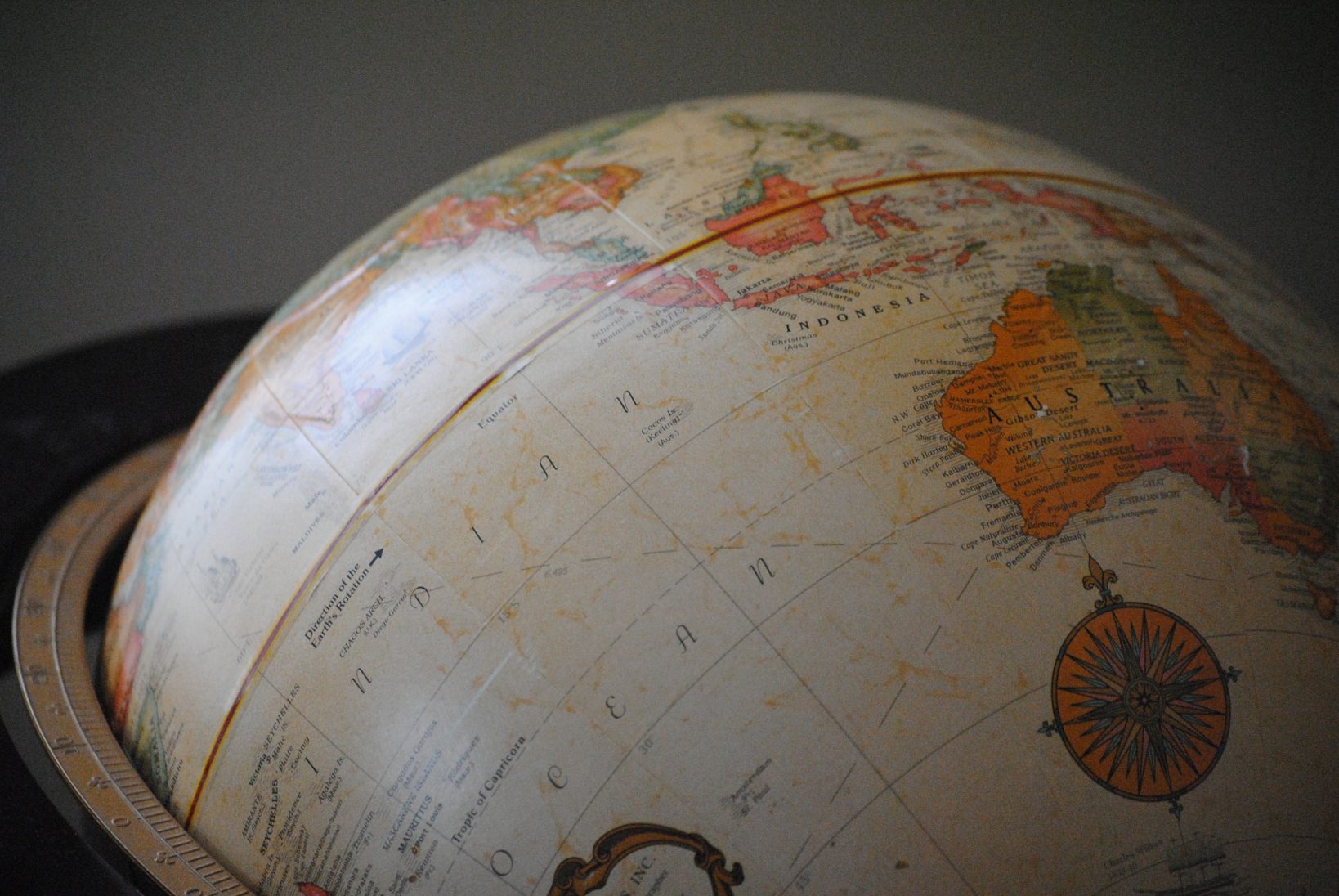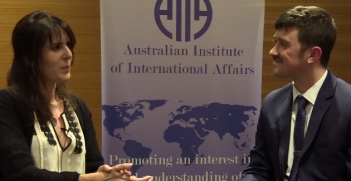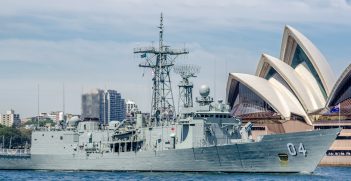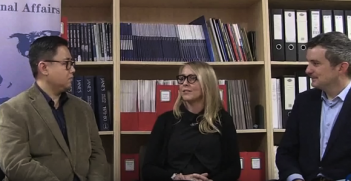Is Interest in the Indo-Pacific growing? How do ASEAN, the EU, and Korea View the Concept?

Video interviews with speakers at the 2nd AIIA Indo-Pacific Research Forum, held in Tokyo in February 2020.
The Indo-Pacific has emerged as a key term in recent years to define the region in which Australia is situated. How do international actors, either within the region or holding vested interests in it, perceive the concept of the Indo-Pacific? Some states, namely Australia and Japan, have made it clear that they see the Indo-Pacific as a key concept in their foreign policies, however the position of other players is not always so clear. How do ASEAN, Korea and the European Union view the concept of the Indo-Pacific, and do their interpretations of the concept necessarily align with those of nations like Australia and Japan, which have embraced the concept? What are the implications of different visions of the Indo-Pacific, and do they carry with them new challenges? Can ASEAN or others offer any special insights into regional integration and institutionalisation? A panel at the 2nd iteration of the Indo-Pacific Research Forum, an event organised by the Australian Institute of International Affairs at the Australian Embassy in Tokyo, engaged in a discussion on how players that have usually been seen as reticent or “peripheral” are engaging with the concept. Interviews with speakers who were on the panels are below:
ASEAN and the Indo-Pacific
Dr Lynn Kuok is Shangri-La Dialogue Senior Fellow for Asia Pacific Security at the International Institute for Strategic Studies.
The European Union and the Indo-Pacific
Dr Liselotte Odgaard is a senior fellow at Hudson Institute.
South Korea and the Indo-Pacific
Dr Sang Hyun Lee is a senior research fellow at the Sejong Institute in the Republic of Korea.
All videos for this event will be published here.





